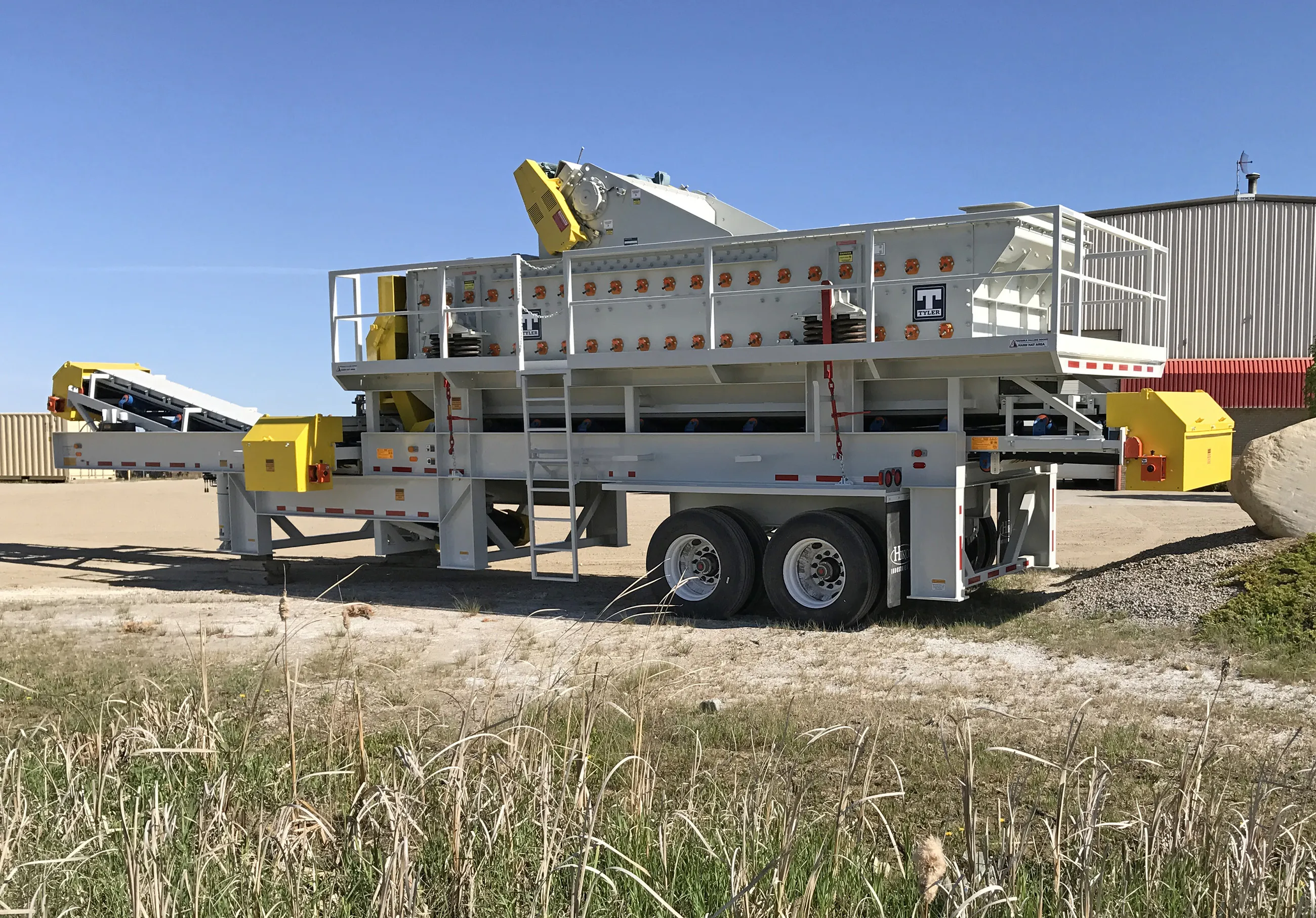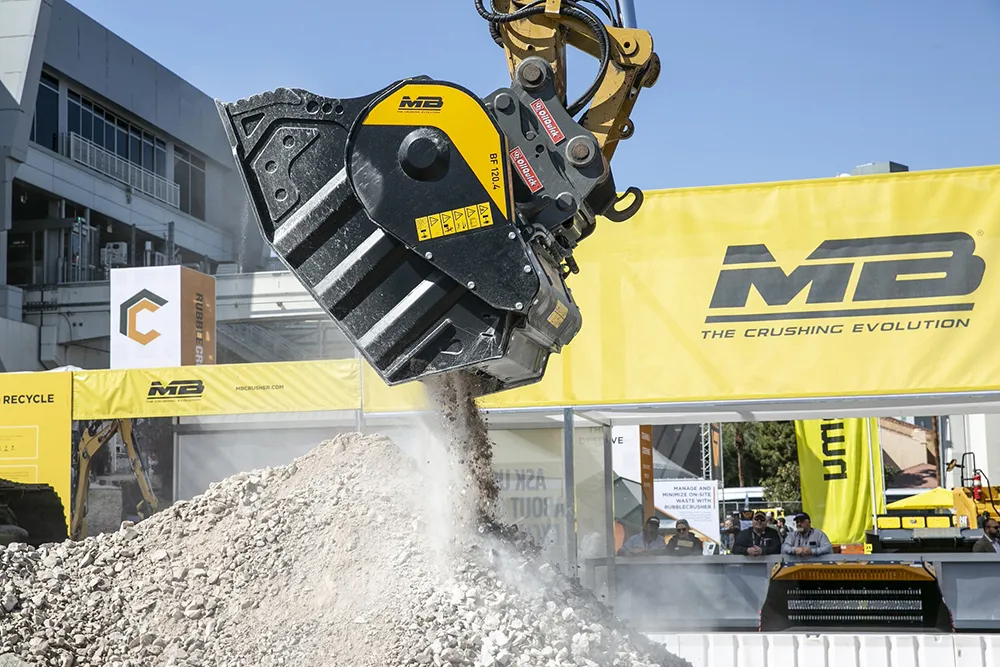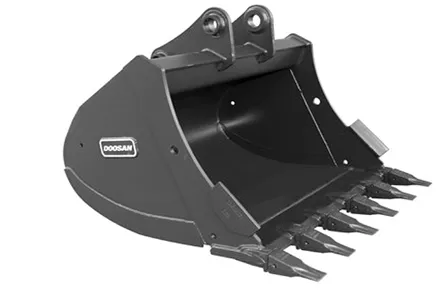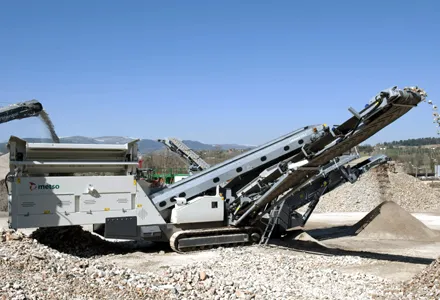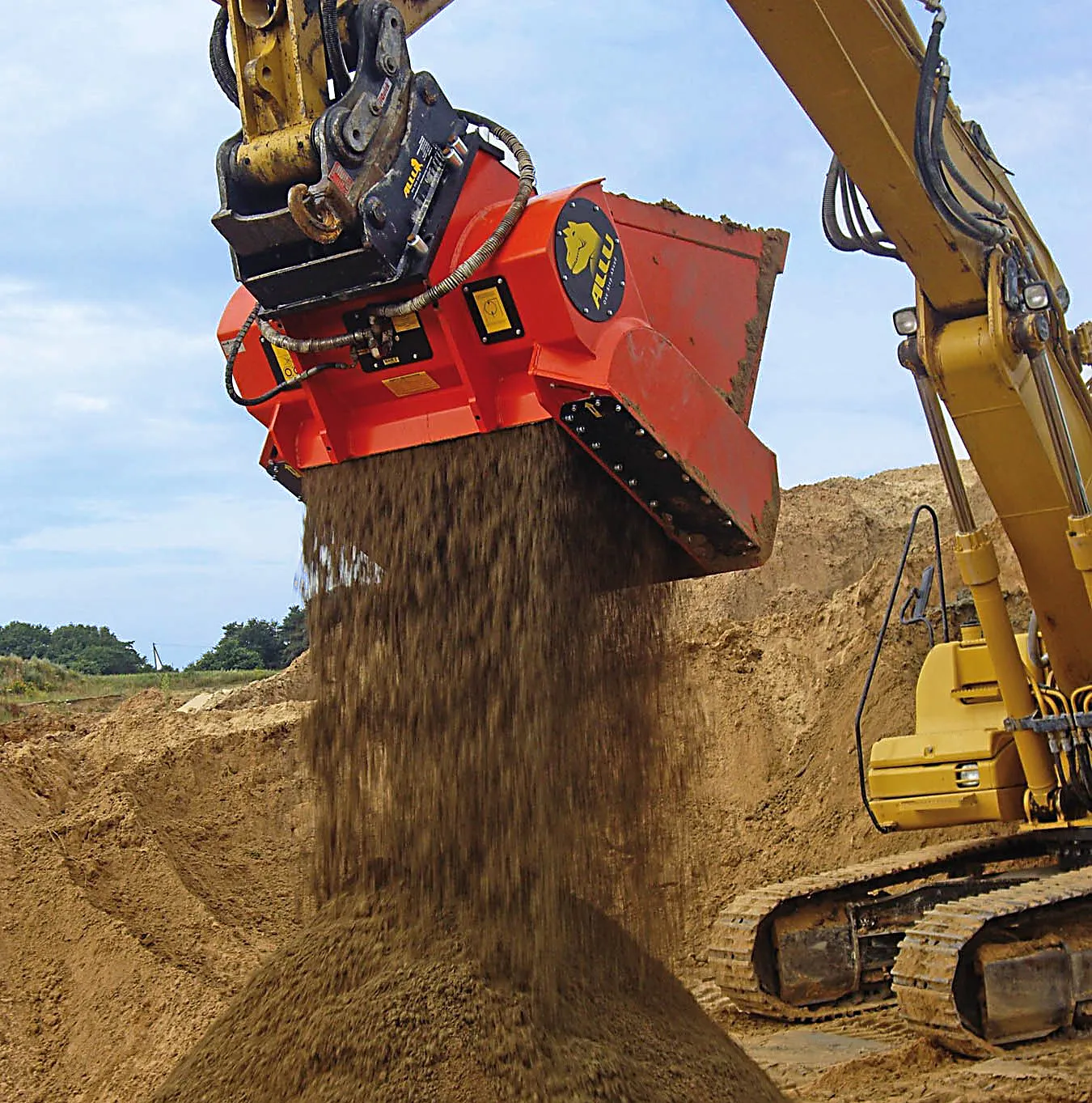
The newest D-Series Screener Crusher bucket from
It processes wet or dry materials quickly and efficiently, reducing cycle times and resulting in increased production and substantial savings on operating costs.
The units easily handle topsoil and dirt, excavated and waste soil, demolition waste, construction waste, milled asphalt, coal, oil shale, limestone, contaminated soil, clay, peat, bark, compost, bio-waste, glass and other materials.
With more than 100 models in the line, ALLU D-Series Screener Crusher bucket attachments fit any excavator, wheel loader, skid steer loader and backhoe.
The buckets are designed specifically for compact machines, such as mini-excavators, small wheel loaders, skid steer loaders and backhoes. ALLU says that the DL Screening bucket is ideal for landscapers and is engineered to screen, mix, aerate and load topsoil, peat and compost.
With just one bucket, screen sizes are easily changeable from 0.62cm to 3.175cm to 5.08cm by changing out the screen and hammers. The core feature of the DL Screening bucket is the top screen where the screening hammers spin between the screen comb. This keeps the buckets clog-free, ensuring good production and throughput, even with wet materials.
In addition, the new DL Screening bucket does not require a case drain line for operation. Operators simply attach the bucket, hook up standard auxiliary lines and start to screen.


